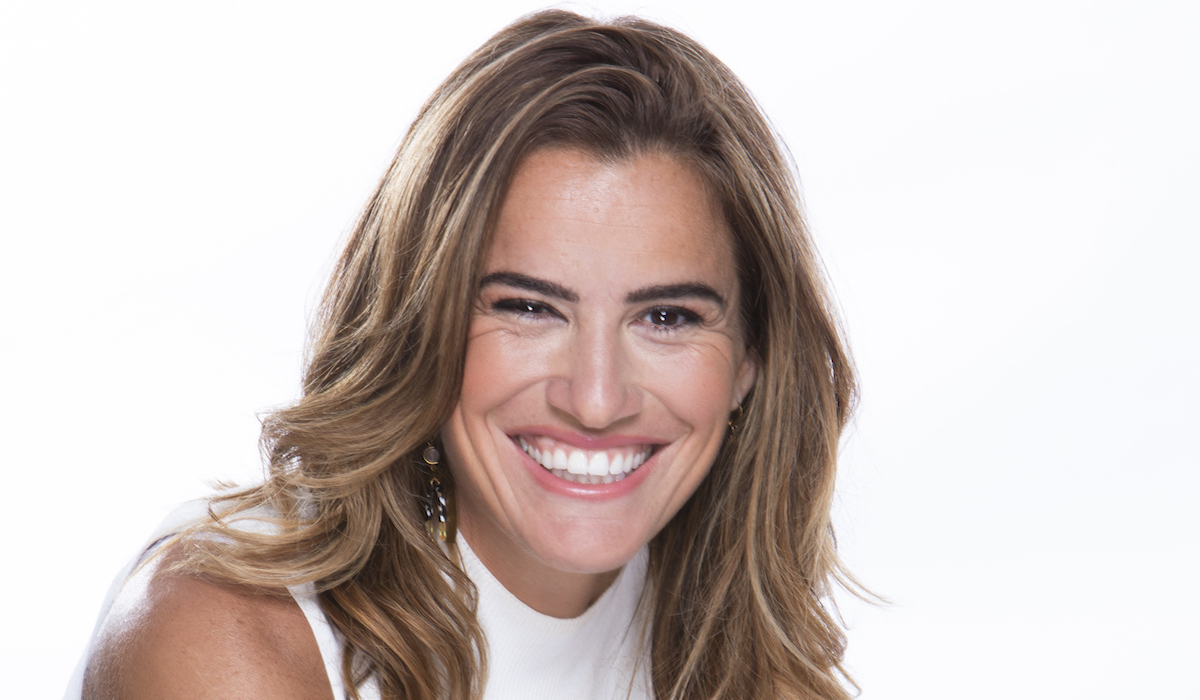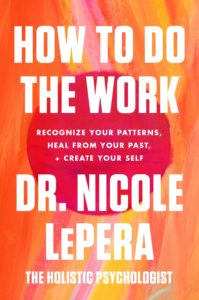An Introduction to Reparenting

Children’s healthy development is dependent on their intrinsic needs being met. When we are in a state of dependence, we rely on our parent figures and the family unit as a whole to provide us with physical, emotional, and spiritual nourishment. We deeply desire to be seen, heard, and authentically expressed (to simply just be us!). When we experience our parent-figures engage in supportive behaviors, we learn that it’s safe to express our needs and reach out to other people for help. Most parent-figures never learned how to meet their own needs, let alone another person’s, passing on their own unresolved traumas and conditioned coping strategies. Even well-intentioned parent-figures don’t always give us what serves us. Meeting all of someone’s varied and unique needs all the time is almost impossible.
That said, if we lived with an emotionally immature parent-figure, our needs were likely routinely unmet or dismissed. Emotional immaturity results from a lack of emotional resilience, the ability to process emotions, communicate boundaries, and return our nervous system to balance. An emotionally immature parent-figure may throw tantrums, acting selfishly or defensively, and often the whole family unit ends up revolving around their moods.
I’ve repeatedly observed the various outcomes of living with emotionally immature parent-figures—parent-figures who can’t identify their own needs, who betray themselves to receive love and validation, who live in a state of resentment because they believe others should “just know” what they need. Their adult children often live from that protected and familiar space of their ego (with all of its stories) and often have an intense need to be “right,” rejecting other people’s opinions and making others feel just as small and insignificant as they once did. Others create avatars of themselves—always wearing a mask—fearful that they may scare people away if they show their true face. Some avoid any type of intimacy, and some cling to it desperately. The manifestations run the gamut, but the way we heal these wounds is to give ourselves all the things we didn’t get as children. The way we move forward is to have the awareness that we can become the wise parent to ourselves that we did not have as a child. This is a process called reparenting, and it enables you to relearn how to meet the unmet needs of your inner child through daily, dedicated, and conscious action.
Concepts similar to reparenting have existed in the psychodynamic field for decades. They have emerged from the mainstream therapy model that a secure relationship with a therapist can provide a grounding for healthier relationships in life. Psychoanalysis is built upon this framework with the concept of transference, or the “transfer” of feelings from our childhood onto a therapist, being an integral part of the therapeutic process. Though it may be incredibly helpful to have that support—if we have the means, access, and privilege to do so, of course—no one can figure out and know your wants and needs and how to meet them better than you. No one but you can and will have to, show up each and every day to take care of those ever-changing needs. These are efforts that must come from you, and in the process of harnessing your own power, you will create a deeper, more authentic connection to your Self.
It’s our responsibility to teach ourselves the tools to meet our own needs. When we reparent, we begin by learning how to identify our physical, emotional, and spiritual needs and then we practice noticing the conditioned way we’ve gone about attempting to get those needs met. Many of us may find that in adulthood, we often embody the critical inner parent, denying our reality, rejecting our needs, and choosing the perceived needs of those around us over our own. Guilt and shame replace our intuitive voice. The reparenting process looks different for everyone. Generally, we want to quiet our inner critic and embrace self-respect and compassion.
With the help of the wise inner parent, you can learn how to validate your reality and feelings by witnessing them, rather than instinctually judging or ignoring them. Your wise inner parent cultivates acceptance while honoring the needs of your inner child—to be seen, heard, and valued for the authentic parts of yourself. You become the priority.

To develop your wise inner parent, you will want to learn how to trust yourself (maybe for the first time in your life). You can begin to rebuild this lost trust by setting small promises to yourself to engage in daily acts of self-care, and following through with those intentions.
It will be helpful to begin a new habit of speaking kindly to yourself, as if you were dealing with a child in pain. Each day, you could begin to ask yourself the question What can I do for myself in this moment? The more you do this, the more it will become an automatic response to the world around you that will reconnect you to your intuition.
The Four Pillars of Reparenting
The first pillar of reparenting is emotional regulation, or the skill to successfully navigate our emotional states. Emotional regulation is our ability to cope with stress in a flexible, tolerant, and adaptive way. Some practices include deep belly breathing to regulate our stress response, nonjudgmentally witnessing changes in our body’s sensations, and noticing patterns in our ego-based narratives that are connected to those emotional activations.
The second pillar is loving discipline. This pillar involves creating boundaries with ourselves that are maintained over time. We do this by making and keeping small promises and developing daily routines and habits. Discipline is an important part of the healing process and cultivating it helps us to show up for ourselves. I want to emphasize that this act of daily discipline should be a loving one. Many people have created too-rigid boundaries around what they allow themselves. If we’ve developed confidence over time, we know that we can take a break and the ritual will always be there to return to when we so choose. We will not fall apart if we take a day to rest.
The third pillar goes hand in hand with loving discipline: self-care. The phrase itself has gotten a bad rep in recent memory, as it’s been commodified and used as an example of self-indulgence. True self-care—supporting your needs and valuing your worth—is not indulgent at all, and it’s fundamental to holistic wellness. Self-care is the act of learning to identify and care for your physical and emotional wants and needs, especially those that were denied in childhood.
The fourth pillar, one of the ultimate goals of the work, is to rediscover our childlike sense of wonder. This state is made up of a combination of creativity and imagination, joy and spontaneity, and, of course, playfulness. As adults, it’s crucial for us to prioritize the things in our lives that bring us joy in themselves, not because of any secondary gains (money, success, adoration)—doing something for the enjoyment of it, not for any external reward.
From the book HOW TO DO THE WORK by Nicole LePera Copyright © 2021 by Nicole LePera. Published by Harper Wave, an imprint of HarperCollins Publishers. Reprinted by permission.
This excerpt was featured in the March 7, 2021 edition of The Sunday Paper. The Sunday Paper publishes News and Views that Rise Above the Noise and Inspires Hearts and Minds. To get The Sunday Paper delivered to your inbox each Sunday morning for free, click here to subscribe.


